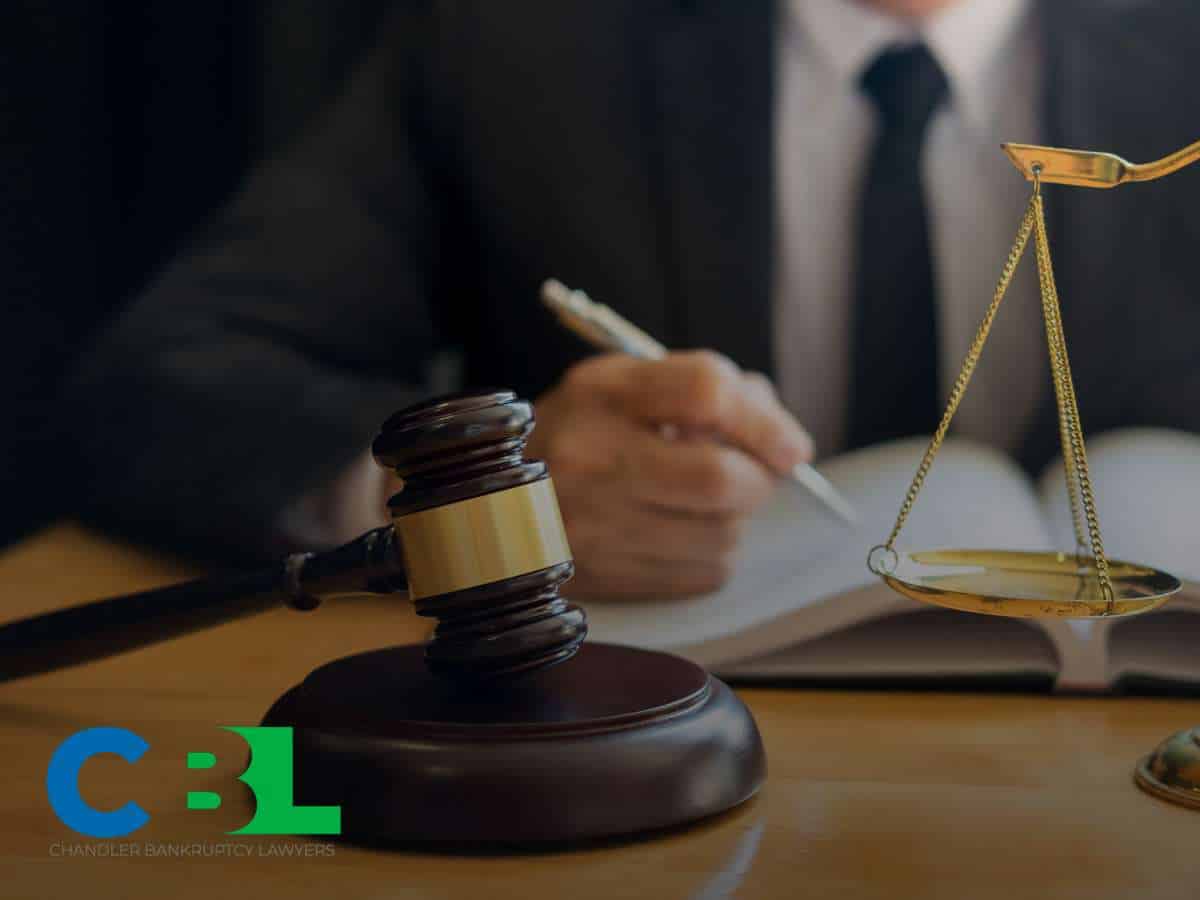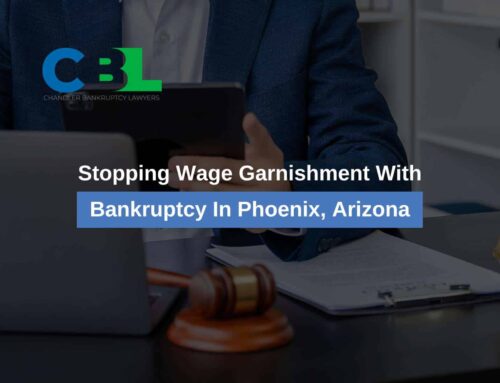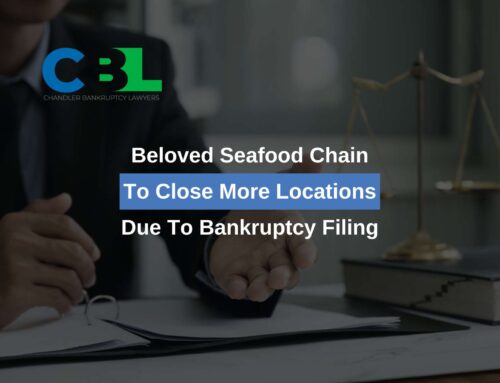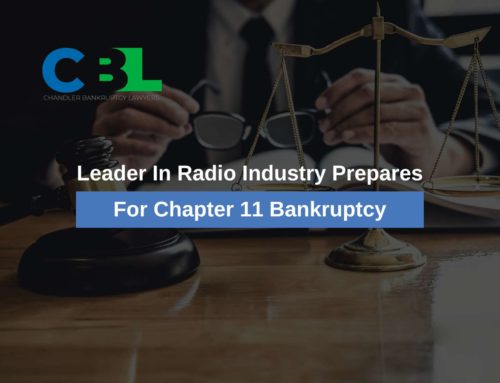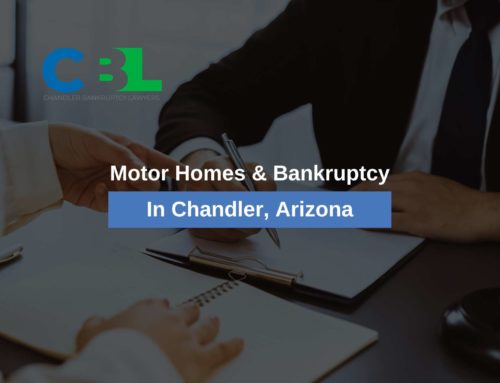It seems like everywhere you turn, businesses with very famous names- especially in the restaurant industry- are shutting down and filing for bankruptcy. Red Lobster filed for bankruptcy in May 2024, and Rubio’s Coastal Grill followed suit in June 2024. Another well-known chain is set to close 127 store locations due to one of its franchisees declaring bankruptcy. EYM Group, a franchisee with dozens of Pizza Hut locations, filed for bankruptcy in July 2024. This filing came after closing 15 of its store locations in Indiana and Ohio. Now it appears that EYM Group may be closing an additional 127 Pizza Hut locations.
EYM Group was the largest remaining Pizza Hut franchisee before its bankruptcy filing. Now it is set to close more locations Midwest and the South. EYM Group has also filed a lawsuit against Pizza Hut and its parent company, Yum Brands, didn’t innovate and keep up with competitors. Pizza Hut has a separate suit against EYM Group seeking $2.25 million. EYM Group has another $21 million debt to Manufacturers Bank.
A debtor doesn’t need to wait until they have several million dollars in debt before filing for bankruptcy. Depending on your situation, the other benefits of filing for bankruptcy could justify filing, even if you only are a few thousand dollars in debt. If you need protection from creditors, or to clear your debts to move forward with a clean slate, or both, filing for bankruptcy may be right for you. Learn more about your options with our Zero Down Phoenix and Tucson bankruptcy team- call 480-780-2211 for your free consultation today.
Different Types Of Bankruptcy For Different Circumstances
Chapter 7 Bankruptcy
This is the most frequently filed type of bankruptcy case. Chapter 7 bankruptcy allows debtors to wipe out credit cards, medical bills, and other unsecured debts. Debtors are allowed to keep assets necessary to maintain a reasonable standard of living through bankruptcy exemptions. However, there are restrictions on how high a debtor’s income can be to qualify for chapter 7 bankruptcy. The two ways to qualify are by earning less than Arizona’s median household income for your family size, or by showing you don’t have excess income to pay debts using the means test. After passing these hurdles, the debtor can clear massive amounts of unsecured debts in only 3 to 5 months. Want to see if you qualify for chapter 7 bankruptcy in Arizona, and if your assets will be protected by our state’s exemptions? Call 480-780-2211 for your free consultation today.
Chapter 13 Bankruptcy
Known as the wage earner’s bankruptcy, chapter 13 allows debtors to pay off their debts in a payment plan calculated using their personal finances and with extended protection from creditors. Chapter 13 bankruptcy always lasts either 3 or 5 years. Debt is classified into 4 different categories and paid off in a certain order. The first debts to be paid are the fees tied to the bankruptcy filing itself. Next, the plan pays off secured debts. Third is priority debt. Finally, depending on how much disposable income is left, unsecured nonpriority debts are paid. Chapter 7 doesn’t provide this same opportunity to address secured and priority debts while wiping out unsecured nonpriority debts. Chapter 13 can also be used to clear secondary mortgages on a home when certain conditions are met. Have more questions about chapter 13 could clear your debts and stop your creditors from making collection attempts against you? Schedule your free consultation with the bankruptcy team at My AZ Lawyers today by calling 480-780-2211.
Chapter 11 Bankruptcy
Chapter 11 is a less widely-known type of bankruptcy, but it can be used by both individuals and businesses. It is one of the most complicate and expensive types of bankruptcy, but there are provisions in chapter 11 bankruptcy that eliminate much of the complexity and cost for small businesses. This makes it easier for small business owners to take advantage of chapter 11’s opportunity to keep a business running. There is not prescribed time frame for a chapter 11 bankruptcy, and it can resolve in many different ways based on the debtor’s specific financial situation. It can require guidance and counsel from not just bankruptcy lawyers but tax consultants, financial advisors, and more to successfully execute a chapter 11 bankruptcy.
Creditor Protection From The Automatic Stay
One of the main reasons to file for bankruptcy is to activate the automatic stay. The automatic stay goes into place when a debtor files any of the bankruptcy petitions described above. Creditors are largely unable to collect when a debtor has the automatic stay from a bankruptcy filing in place. Some of the actions that the automatic stay prevents include:
- Vehicle repossession
- Wage garnishment
- Home foreclosure
- Lawsuit
- Bank account levy
- Collection calls
- Utility shutoff
- Eviction (before writ of possession stage)
Filing Fees For Bankruptcy Cases
The court requires that a bankruptcy debtor pay a filing fee to help pay the expenses of administering their case. The filing fees for the different types of bankruptcy are as follows:
- Chapter 7: $338
- Chapter 13: $313
- Chapter 11: $1,167 + $571 miscellaneous administrative fee
These fees are just a portion of what it costs to file for bankruptcy. The court will sometimes agree to ease up on the filing fee requirement if the debtor can show good cause for the court to do so. A bankruptcy debtor can submit an application to have their filing fee waived. This application includes information like the debtor’s household income, whether this is likely to change in the next 6 months, any government assistance the debtor receives, and why the debtor would not be able to afford to pay the filing fee in installments. Another factor the court will consider is if you have paid (or promised to pay) a bankruptcy lawyer for their services. Sometimes, if the court rejects the application, they may still allow the debtor to pay their filing fee in 4 installments. Delaying your case due to up-front costs could end up being much more expensive if your creditors take action without protection from the automatic stay. You should consider filing for bankruptcy with an attorney who offers post-filing payment plans to ease that burden. For your free consultation with a skilled bankruptcy professional from My AZ Lawyers, call 480-780-2211 today.
Thinking About Your Own Bankruptcy Filing In Phoenix Or Tucson, Arizona?
Bankruptcy is for anyone struggling with debt, from a household-name restaurant chain with hundreds of locations to the average person struggling to get ahead. Your situation might call for chapter 7, or chapter 13 could better serve your debt relief goals. And if you have your own business you are trying to preserve, the stakes are even higher. Want to learn more about the requirements and procedures of filing for bankruptcy in Phoenix or Tucson, Arizona? Our experienced Zero Down bankruptcy team will start the process with a risk-free consultation by phone. Get your quote and see if you qualify to file for Zero Dollars Down by calling 480-780-2211.
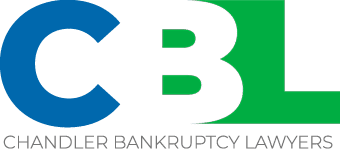
CHANDLER BANKRUPTCY LAWYERS
1731 West Baseline Road #101
Mesa, Arizona 85202
Phone:480-780-2211
Email: [email protected]
Website: www.chandlerbankruptcyattorney.co
Additional assistance is available from our Arizona Bankruptcy Experts:
Gilbert Bankruptcy Attorneys
Tucson Bankruptcy Lawyers
Glendale Bankruptcy Lawyer
Chandler Bankruptcy Lawyer
Tempe Bankruptcy Lawyers
Arizona Bankruptcy Attorneys

